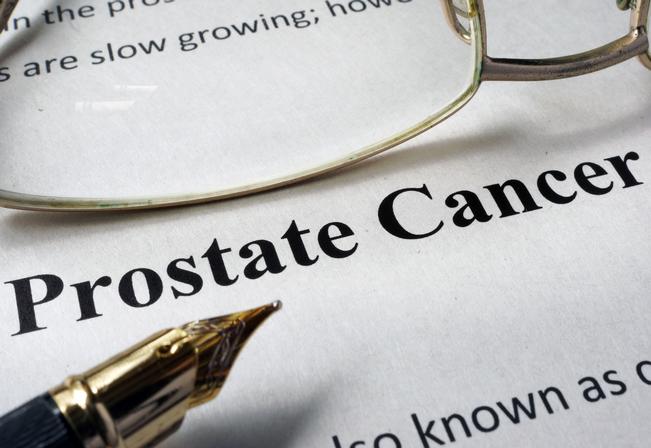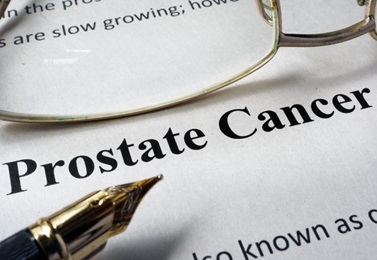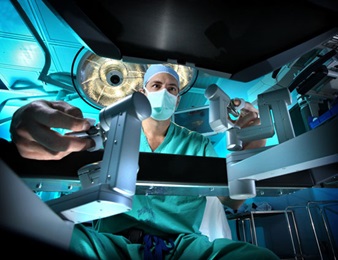Bowel Dysfunction After Prostate Cancer Treatment
The broad term of bowel dysfunction includes:
Diarrhea or frequent stools
Fecal incontinence or the inability to control bowel movements
Rectal bleeding
All of these side effects are far more common following external beam radiotherapy than any other primary therapy, but as techniques and dose planning strategies improve, even these rates have been dropping.
Following Prostatectomy
Damage to the rectum is rare (<2 to 3%), and the bowel changes seen in the first few weeks following surgery are more likely the result of the body adjusting to the increased abdominal space with the loss of the prostate.
Following Radiation Therapy
Radiation therapy can cause significant damage to the rectum, resulting in any and all of the symptoms above. Standard external beam radiotherapy blankets a wide area with radiation, although this area has decreased with modern dosimetry and radiation techniques.
In addition, bowel function tends to remain the same or deteriorate rather than improve over time as the effects of radiation accumulate. After two years, about 10 to 20% of men reported having persistent diarrhea a few times each week, while rectal bleeding increased steadily from 5% immediately after treatment to 25% after two years.
By contrast, the rates with intensity-modulated radiation therapy (IMRT) remain low after two years, hovering around 5%. Bowel dysfunction following brachytherapy tends to be lower than that seen with external beam radiotherapy, and, most importantly, seems to stabilize at a low rate (<10%) after just one year.
Management of Bowel Dysfunction
Short of treating individual symptoms as needed, there are few, if any, treatment options for bowel dysfunction following radiation therapy. Laser therapy can stop rectal bleeding caused by radiation. Anti-diarrheal agents can help with loose bowel movements. Increasing fiber intake through whole grains, fruits and vegetables, or fiber supplements can also help.
Avoiding foods that might irritate the gastrointestinal tract is important, but complete elimination of fibrous, bulky foods can lead to constipation and straining, which in turn can exacerbate rectal bleeding.





